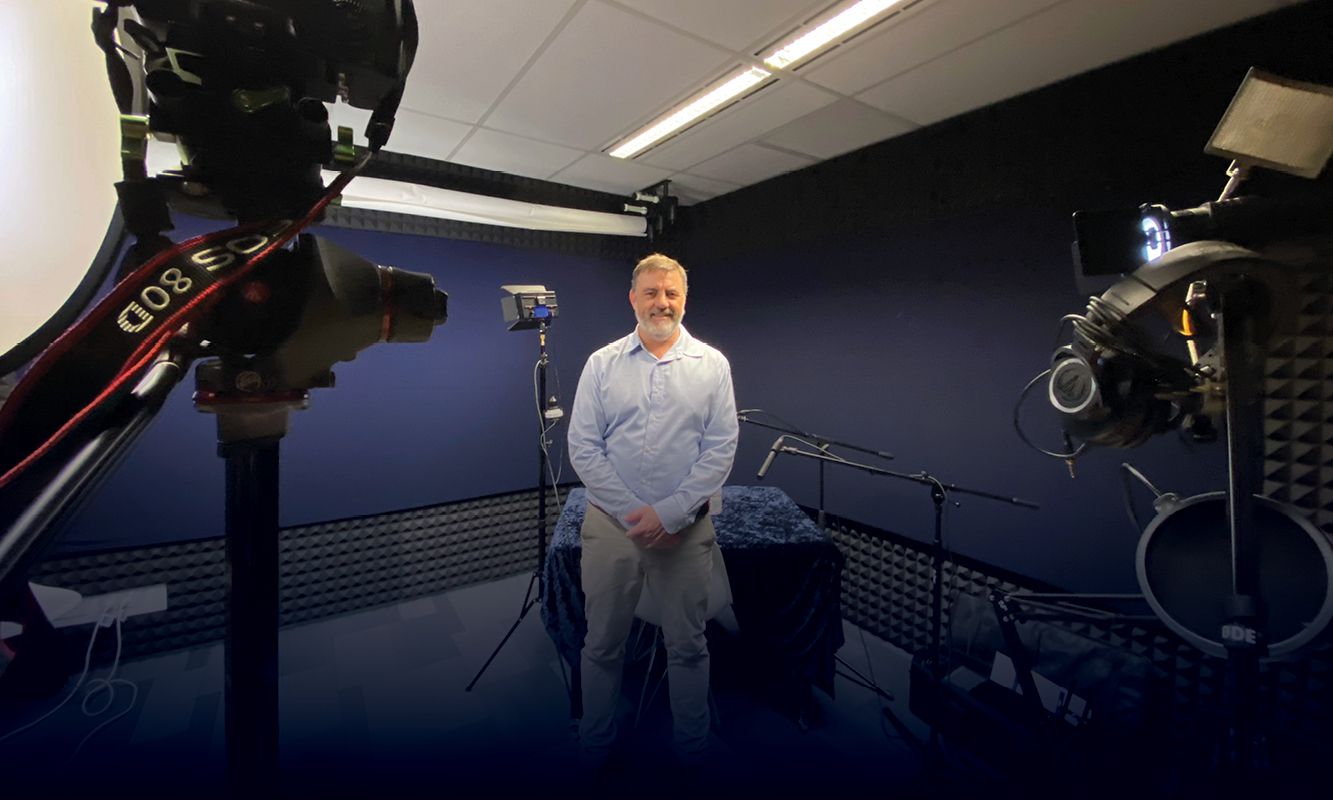Video has been used in marketing strategies for years and there is no doubt with the introduction of new social media channels that consumer video consumption is growing.
In a recent report by Wyzowl, where marketers across the globe were interviewed and surveyed, they investigated the current state of video marketing globally and their research suggests:
- Video remains a key priority for business with its use as a marketing tool, and its perceived importance by marketers, reaching an all-time high.
- Marketers feel more positive about video’s return on investment (ROI) than at any point since 2015, as they report an unprecedented level of influence on KPIs such as traffic, leads, sales and audience understanding.
- More marketers credited video with increasing dwell time, traffic, leads, sales, and reduced support queries than in ANY previous surveys – while an all-time high number of respondents (92 per cent) shared they get a good ROI on video content, up from 87 per cent in 2022.
- Driving all of this is that consumers continue to use video as an integral part of their journey with brands. They expect to see video content from brands – and use it as a key part of their research and buying decisions.
There are so many ways to integrate video into your marketing strategy that aren’t just your typical ads. However, when it comes to creating videos for your marketing strategy, it’s not always simple as filming and posting.
Here are seven steps to consider when building video into your marketing strategy:
- Set goals for video marketing: What do you want your videos to achieve i.e. leads, profile your expertise, awareness for the firm? Consider the five stages of a typical marketing funnel – awareness, consideration, decision, adoption and advocacy.
- What platforms will you use: We recommend using the platforms you already have a presence on to start and then building your audiences alongside these on the other platforms. Sprout Social also keep an updated article with all recommended aspect rations, file sizes, and video lengths allowed across all social media platforms. You can view that here. The lengths of videos across platforms suits the varying average attention spans of users of those platforms.
- What kind of videos do you want to film: Are they going to be educational, interviews, testimonials, behind the scenes etc? Ensure your content, whether it be short form or long form, always includes a strong call to action – what do you want viewers to do after watching your video? If you are putting out really rich and informative videos, ensure you encourage a way to capture their interest ongoing by asking them subscribe to your channel or your email database.
- Plan your content production: Have you drafted a script, sourced your talent, picked a location, booked a studio, booked a videographer, have your equipment and props ready and picked your music?
- Know what post-production entails: Depending on the video type, some videos require a lot of editing and if you’re looking for a more polished look then allocate more time for post-production.
- Schedule and promote the videos: Get ready to post! Ensure your captions are optimised for best performance and you have adapted to each platform’s word allowance.
- Understand and analyse metrics: This is where you can analyse the videos performance against your goals. The data you collect will be able to inform what kind of videos to do in future as well as what lengths and platforms your audience prefers to see you on.
We also spoke with QLS Video Content Producer Geoff McLeod, who has years in the videography and production industry, for his top tips.
Geoff McLeod
Geoff, what are the biggest considerations for filming videos?
“It’s important to consider the background of your frame and decide whether you want a plain-coloured wall, boardroom environment or some other interesting area. I would also encourage you to consider lighting and quieter environments when filming.
“While many people may do every aspect of the production, you may want to hire talent or a camera kit, or a venue for your filming such as a studio or you may just want someone to edit your footage once you have filmed it, so understanding what your budget is before filming will really help to ensure your production timeline won’t be delayed.”
What is your number one recommendation when it comes to equipment?
“The best piece of equipment you can get for any video filming is a lapel mic for your audio! Clean audio is half the viewer experience. Other equipment to consider is a light or lighting kit. This creates a better look for your production even if you are filming using your phone.
“Most cameras do a great job of filming including the latest iPhones. DSLR (digital single-lens reflex) cameras are the best option to go with and also a decent tripod that can reach eye height of a standing person.”
What is the most important element of on-the-day prep before filming?
“The most important aspect of preparation is ensuring you have adequate set-up time before you start filming. This gives you the ability to arrange light and audio and iron out any problems that might arise before filming and there is usually a few!
“Also ALWAYS ensure you have a disk large enough to store your footage!”
Watch Geoff’s video here on the basics of video and hear his tips on how to film a great video for marketing.
VIDEO: https://youtu.be/fMasu21-fFo
Videos are a wonderful tool for attracting new clients, profiling your expertise, building awareness for your firm and solicitors and even educating consumers on the industry. There is no doubt there is quite a bit of planning, consideration and time that goes into not just the filming but also the strategy behind them.
In the legal profession, it is also important to ensure your videos do not contain legal advice, form or support a client/solicitor relationship and there is the use of a disclaimer to ensure you are off-risk from any potential claims.
Options for displaying the disclaimer include a fixed banner at the bottom of your screen, or a disclaimer at the beginning or the end of your video. You may also include a disclaimer on your social media channel’s page.
If you would like to discuss your current business plans and strategies or review your advertising content and legal obligations with a Practice Advisory Service solicitor, submit your expression of interest today. Our solicitors have years of experience running their own practices and are able to provide guidance, discuss current trends affecting small firms or touch base on pertinent issues you may be concerned about.















Share this article